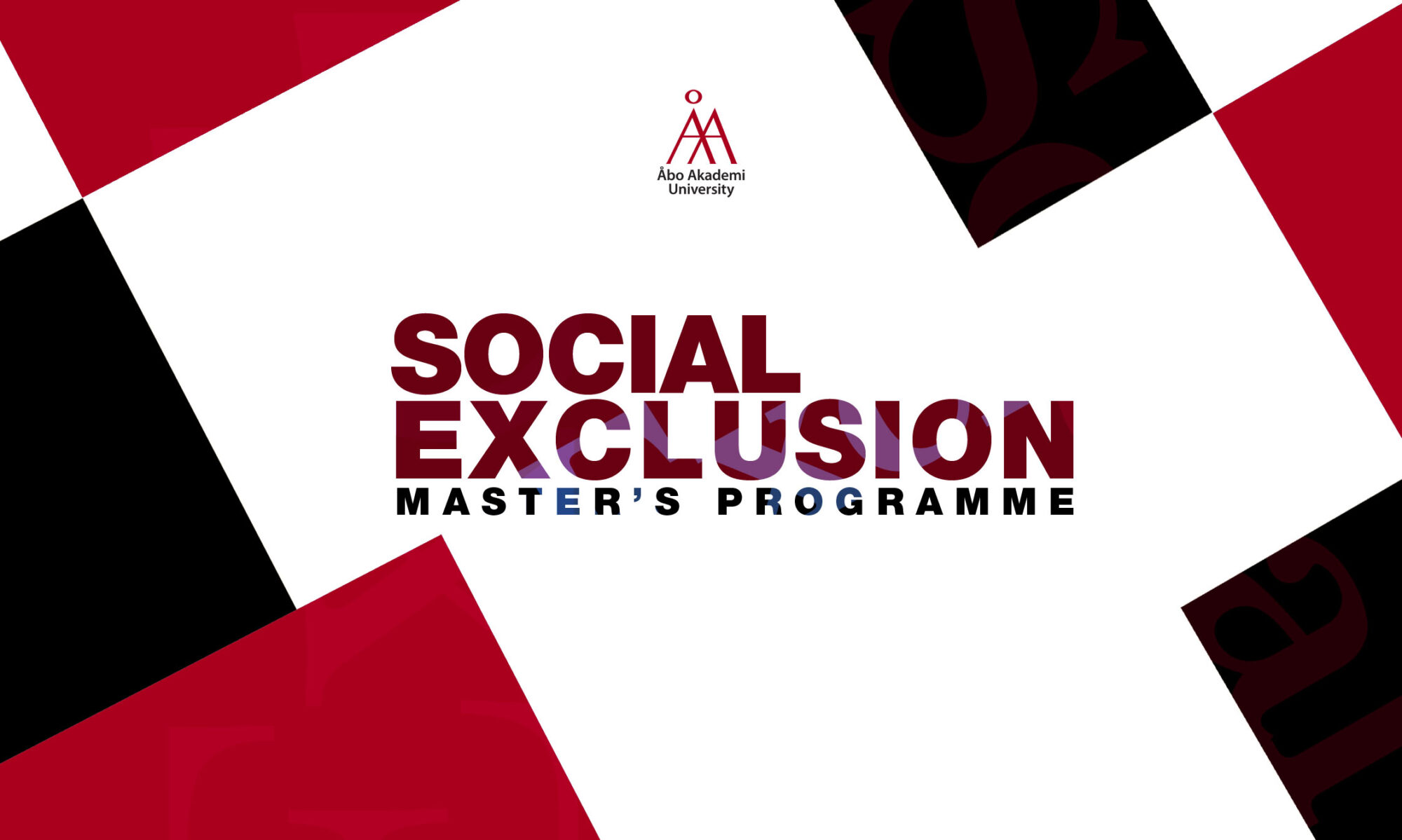The Master’s Degree Programme in Social Exclusion offers two pathways to Master’s education, the Master of Arts or Master of Theology. Keep in mind however, that the Master of Theology requires applicants to have a background in studies of religion, theology, or similar. Applicants should note this difference and be mindful of this difference when applying to the programme.
Whilst both options can be applied to, admission is awarded only to one option. For example, if you were to apply to both the Master of Arts and the Master of Theology, admission will be awarded on the basis of only one of these two options for Master’s studies. That is to reiterate, you can apply for both options. Students can recieve admissions for both tracks. However, they have to select one at the end.
The structure of Master’s studies consists of 120 ECTS (or credits) to be completed over the two years. They are broken down as follows:
- Master’s Thesis – 30 ECTS
- Mandatory Courses – 60 ECTS
- Specialization Courses – 20 ECTS
- Free studies – 10 ECTS
The strength of the programme rests in its four key specializations: gender studies, philosophy, studies of religion (or theology), and history. Over the course of the two years, students will be exposed to the phenomenon of Social Exclusion from the perspective of the four key areas of specialization. This will be explained in more detail in a further post.
The current structure of the programme (2020-2022) is broken down as follows. In the first year, you will complete 70 ECTS. This will be comprised of seven courses in the first semester (35 ECTS) in autumn and seven courses in the second semester (35 ECTS) in the winter. The current structure and courses available during the first year are broken down thusly:
- Semester 1: 7 Courses – 35 ECTS
- Period 1:
- Social Exclusion Key Approaches (5 ECTS)
- Seminar 1 – Academic skills and English skills (2.5 ECTS)
- Communication, Media Activism, and Social Change (5 ECTS)
- Specialization Course 1 (5 ECTS)
- Period 2:
- Seminar 1 – Academic skills and English skills (2.5 ECTS)
- Social Exclusion in a historical perspective (5 ECTS)
- Social Exclusion, Religion and Lifeviews (5 ECTS)
- Specialization Course 2 (5 ECTS)
- Semester 2: 7 Courses – 35 ECTS
- Period 3:
- Geography of Social Exclusion (5 ECTS)
- Social Exclusion – Patterns of Oppression & Resistance (5 ECTS)
- Free Studies 1
- Free Studies 2
- Period 4:
- Race, Racism & Antiracism (5 ECTS)
- Social Exclusion in a Philosophical Perspective (5 ECTS)
- Diversity, Equality, Inclusion (5 ECTS)
- Period 3:
- Period 1:
At the end of the first year, students will be asked to declare their intention to which specialization they have chosen to specialize in. They will also be asked for their preliminary thoughts of a thesis topic which will help to determine supervision for their theses in the second year. Please note that the thesis topic can be changed in the future, and will be developed further during the second year seminar. The second year will consist of four courses (20 ECTS) and the master’s thesis (30 ECTS). The structure is as follows:
- Year 2 (50 ECTS) = 4 Courses (20 ECTS) + Master’s Thesis (30 ECTS)
- Seminar 2 – Methods for studies in Social Exclusion (5 ECTS)
- Introduction to Intercultural Communication (5 ECTS)
- Specialization course 3 (5 ECTS)
- Specialization 4 (5 ECTS)
- Master’s Thesis (30 ECTS)
Upon successful completion of all 120 ECTS, you will be awarded either a Master of Arts or Master of Theology within the Master’s Degree Programme in Social Exclusion at Åbo Akademi.

